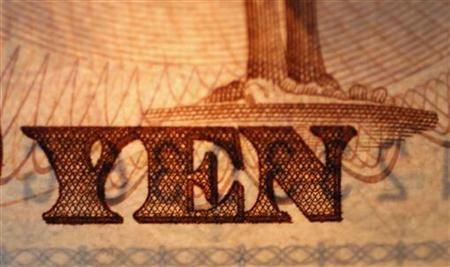Japan’s Weakening Economy: Investors Call For Urgent Policy Measures

Investors feel that policy measures should be implemented to regain the growth momentum of the Japanese economy, which has been affected by the soft global demand and the worsening crisis in the euro zone.
Earlier this week, the Finance Ministry data showed that Japan recorded 517.4 billion yen ($6.5 billion) trade deficit in July, down from 60.3 billion yen surplus in June. Exports dropped 8.1 percent to 5.31 trillion yen from a year earlier.
Earlier, the Bank of Japan left monetary policy unchanged at its August meeting, suggesting that the economy is picking up moderately despite the growing body of evidence to the contrary. First of all, Japan's economy grew 0.3 percent in the second quarter, down from 1.2 percent in the first three months of the year. The data also showed that the economy grew at an annualized rate of 1.4 percent in the April-June quarter, down from 5.5 percent in the previous quarter.
Japan's industrial output declined in June, which is the third consecutive month showing a fall. The country's industrial production dropped 0.1 percent in June from that in May. There was a 3.4 percent fall in May.
"Uncertainty over the global economy is weighing more heavily on Japan than might have been expected given the boost from reconstruction-related activity. Nonetheless, the Bank of Japan remains confident that Japan's economy is expected to return to a moderate recovery path as domestic demand remains firm and overseas economies emerge from a deceleration phase. But it doesn't say when it expects this will happen, nor whether another monetary policy nudge in the right direction is needed," David Rea, an economist at Capital Economics, said.
The economy continues to depend on the government support with the eco-car subsidy helping drive consumer spending and the earthquake-related reconstruction work progressing. But the rise in tensions in the euro zone has hurt business confidence and is likely to weigh on private sector spending as the government support weakens.
With Spain's banking woes and Italy's increasing borrowing costs, the debt crisis in Europe has revived, severely affecting Japan's market sentiments as a consequence. A major worrying factor is the strengthening of the yen, especially due to the euro zone debt crisis.
A weaker yen would help the Japanese exporters, but the Ministry of Finance is unlikely to succeed in delivering it while investors seek to escape the euro zone crisis. With the expectation that the euro zone crisis could escalate further, this is likely to push the yen up sharply and unilateral intervention is unlikely to be that much of an offset on its own.
© Copyright IBTimes 2024. All rights reserved.





















